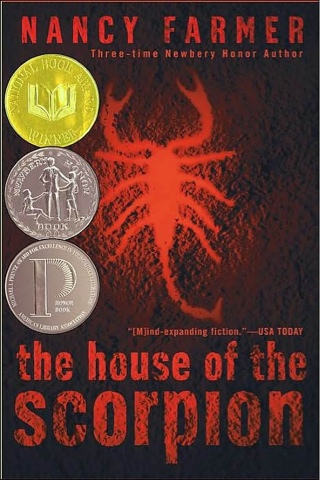I've decided to take a brief break from book reviewing to do an origami tutorial. I'm showing you how to make a pretty basic origami box, which you might already know how to do. Anyway, if you enjoy the tutorial, I'll probably make another soon - I just learned how to make an origami rose, and I hope to do a tutorial before valentine's day.
So, down to business.
You'll need two sheets of origami paper, one for the lid, and one for the base.
I'm starting off with the fancy, patterned paper for the lid.
1. Take the paper and fold it in half. Crease it, and unfold.
2. Fold the paper in the opposite direction, and unfold.
3. Now, fold all corners to the center of the paper.
4. ... and fold each side to the center, without unfolding the folds from step 3.
5. Fold the narrow ends to the middle.
6. UNFOLD EVERYTHING
except two of the little triangular flaps...
7. Fold up the sides, and guide them so the corners of the box fold in on themselves...
8. Fold the flap down, and into place.
9. Repeat on the other side. The lid is finished.
10. Cut the second piece of paper so it's just the tiniest bit smaller, and do the whole thing over again.
11. ...And nest the bottom into the lid. You're done.
Feel free to comment if you have questions!






















